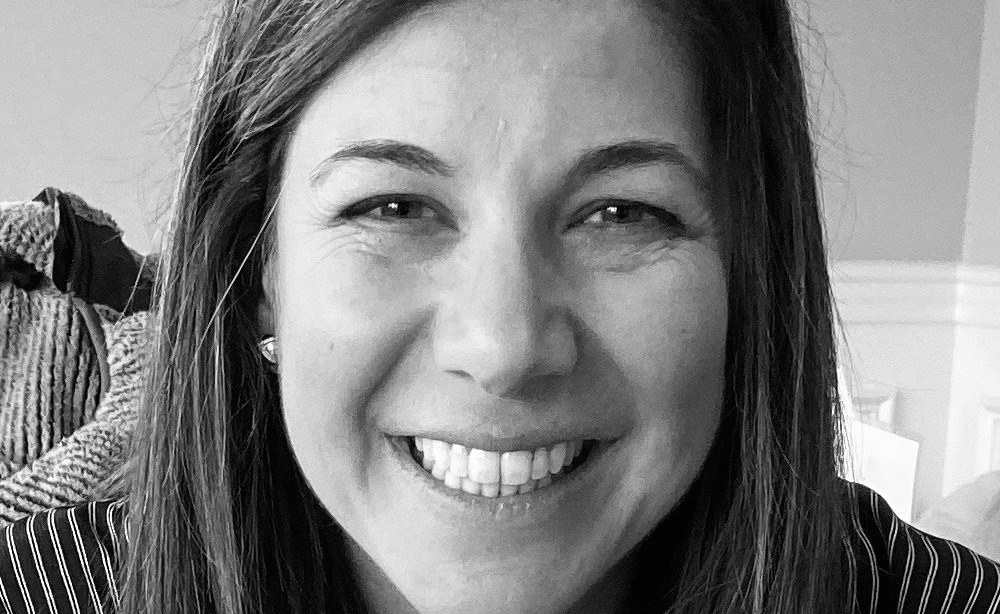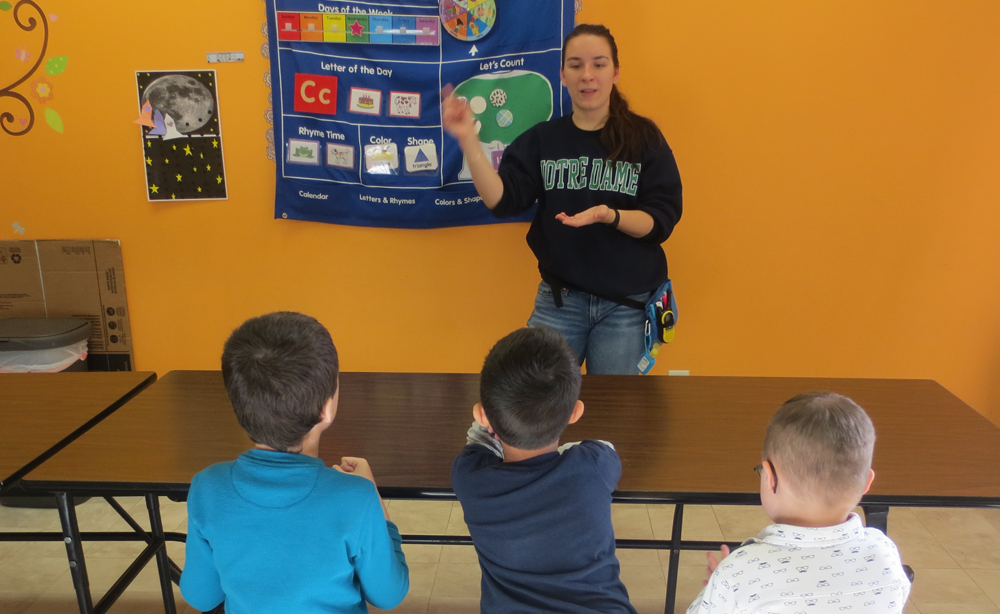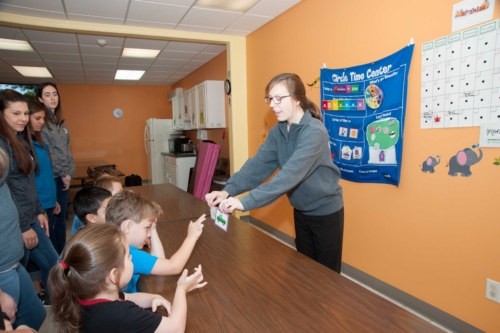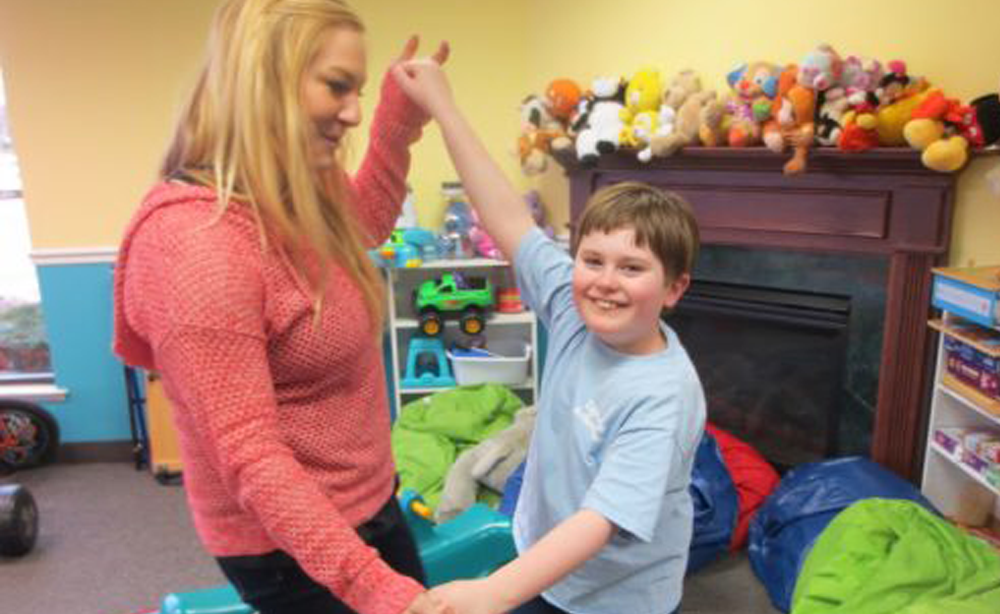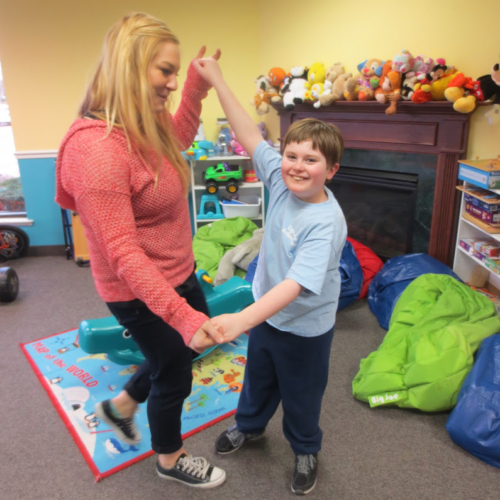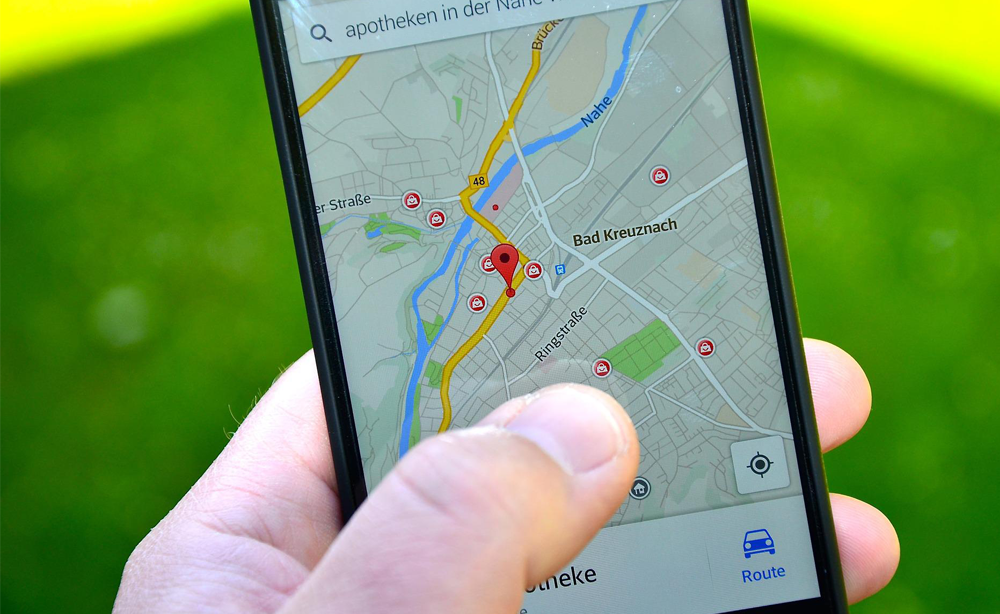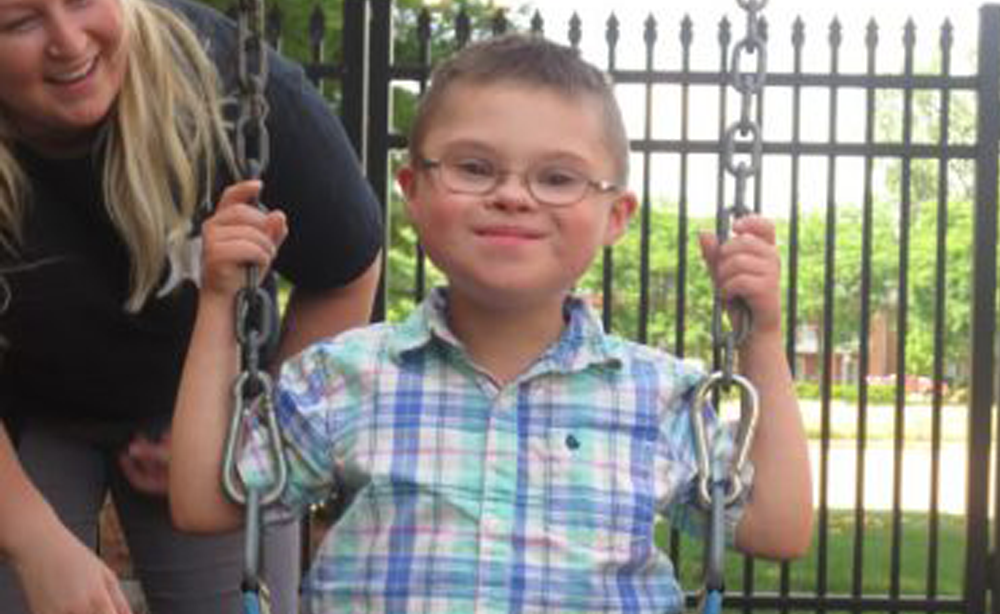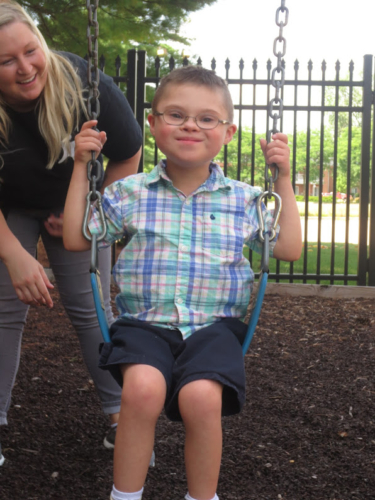Three LAC Members Present at the ABAI in Ireland
Every two years the Association for Behavior Analysis International hosts an international conference during which behavior analysts from all over the world converge to share research and ideas. This year’s conference will be held in Dublin, Ireland. Three Lighthouse Autism Center speech-language pathologists: Samantha Farber, Emily Sears and Janine Shapiro will be in attendance and Lighthouse Autism Centers’ paper was accepted for presentation.

Janine Shapiro will be demonstrating effective behavior analytic speech techniques to address common speech concerns of behavior analysts.
We’re excited to bring our Lighthouse Fusion tricks to an international stage so we can help learners and practitioners near and far!
Learn more about the conference here: Conference Home – Association for Behavior Analysis International (abainternational.org)
Janine directs Lighthouse Fusion, an enhanced therapy solution that blends the best practices of ABA and speech therapies into one comprehensive program. Developed by a team of dually certified clinicians at Lighthouse Autism Center, some of only a handful in the entire country, the program brings together experts in the fields of speech and ABA to collaborate on goal development, deliver therapy, and celebrate each child’s progress.
At Lighthouse Autism Center, we offer the highest quality therapy in a beautiful, play-based environment. With Lighthouse Fusion, children make greater progress, faster, all while having fun.



